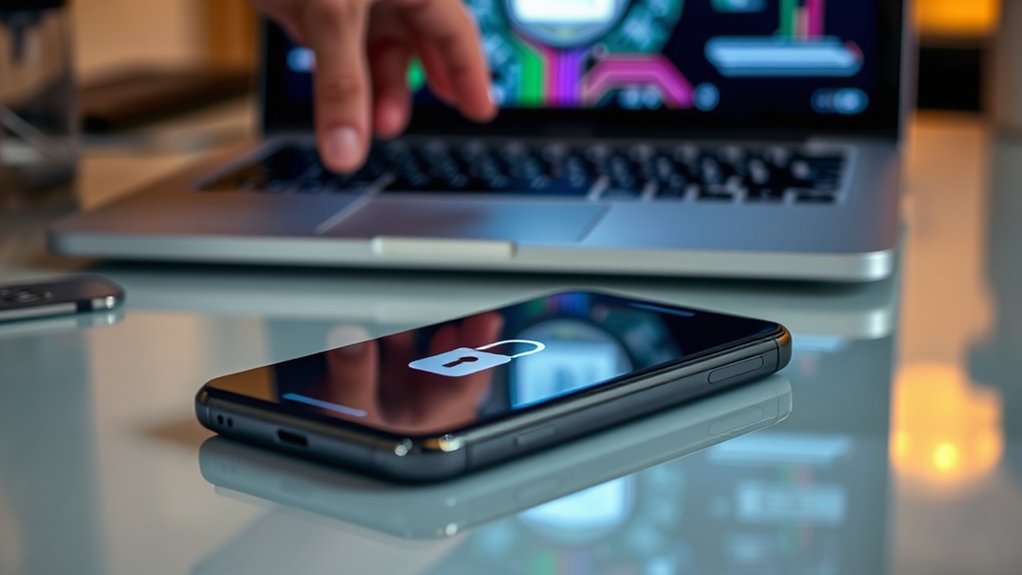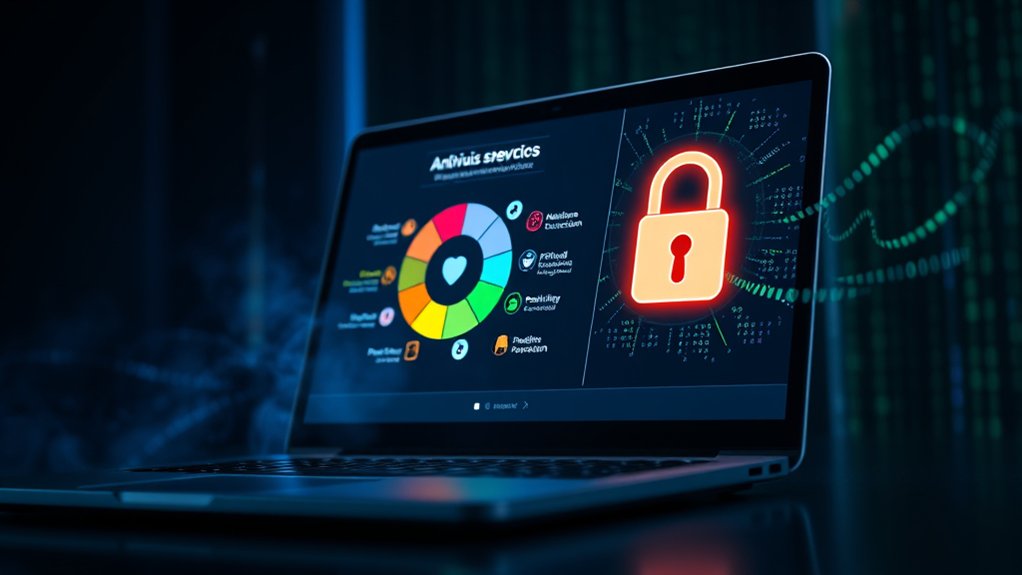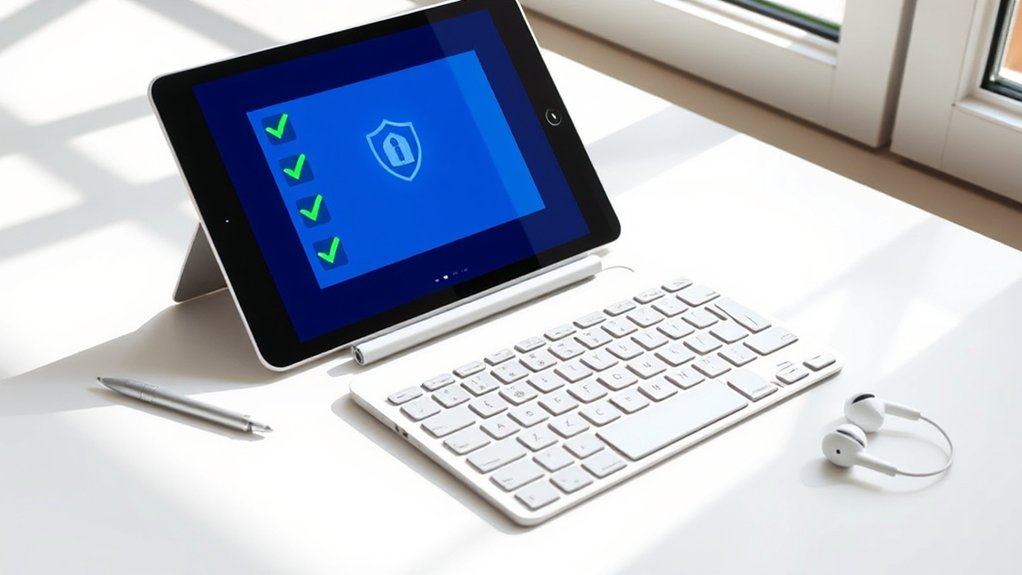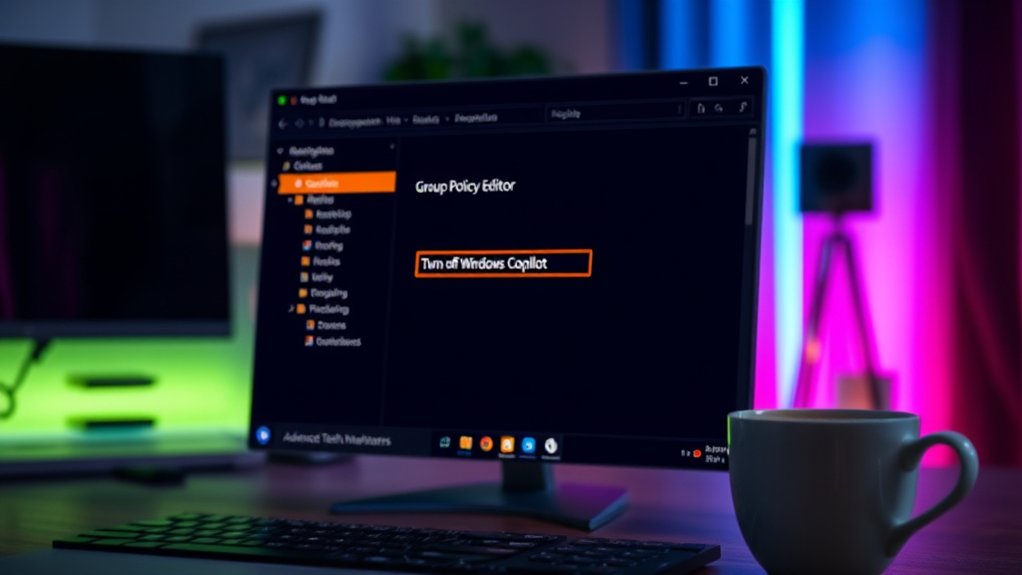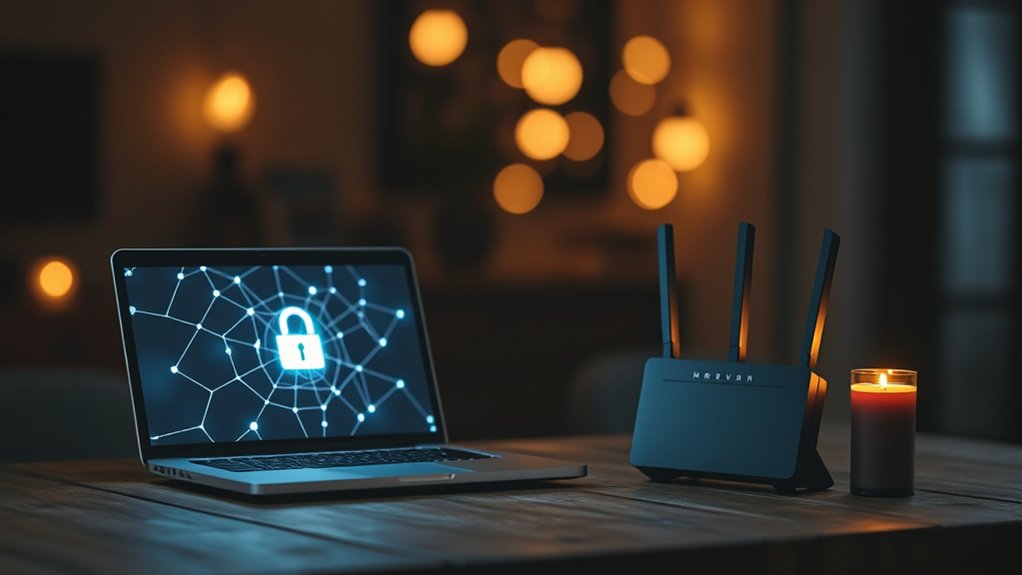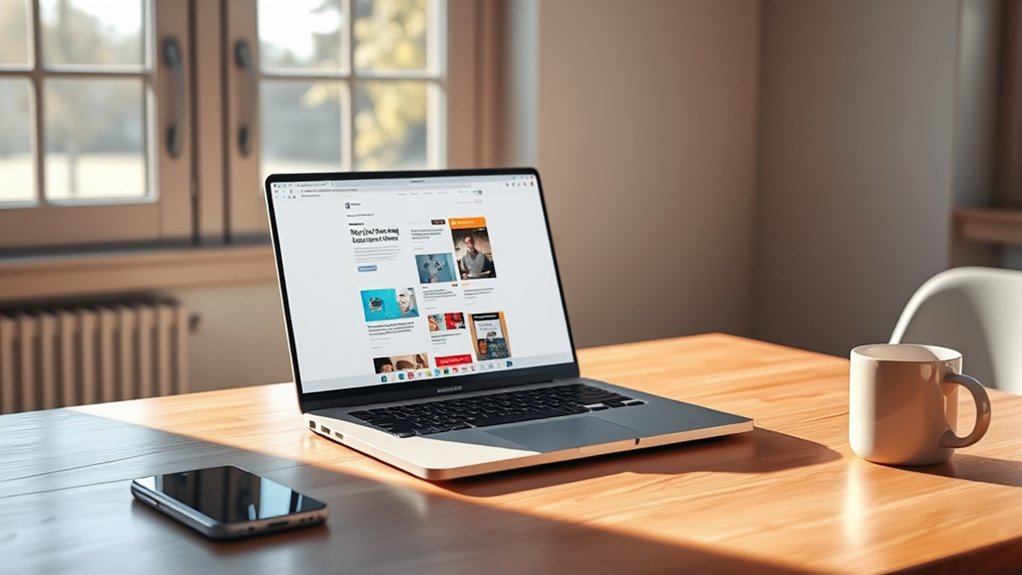Securely accessing someone else’s phone requires explicit consent and must adhere to legal protocols. This includes employing remote access software that is authorized by the device owner. Strong authentication methods, such as two-factor authentication, are vital for security. Moreover, encryption tools protect sensitive data during the access process. It is paramount to be aware of privacy rights, as unauthorized access can lead to legal repercussions. Understanding security threats and best practices guarantees responsible access. More insights are available on effective security measures.
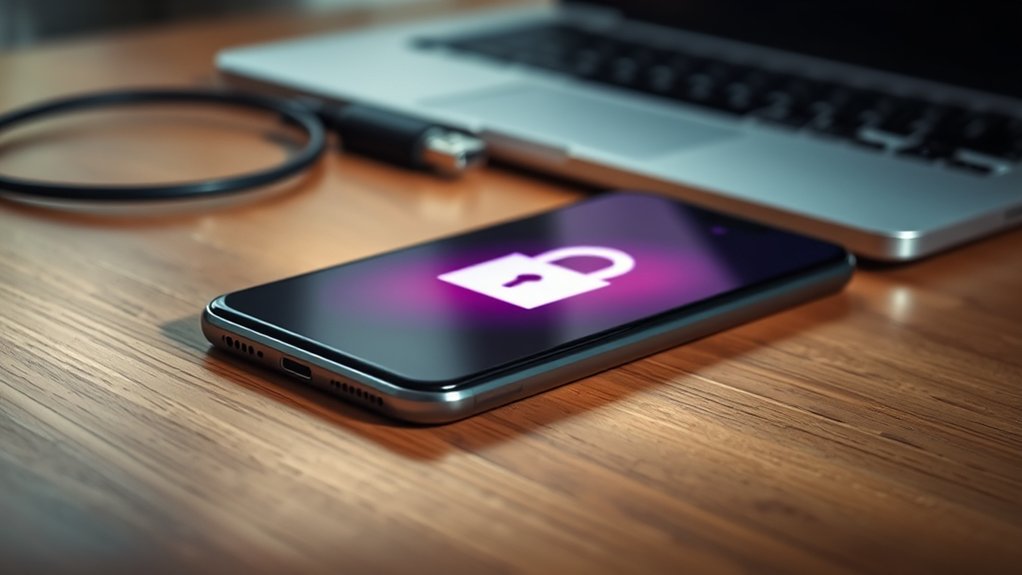
Securing access to someone else’s phone, whereas often fraught with legal and ethical implications, can be a necessary practice in specific circumstances such as parental control, authorized administration, or emergency situations.
Legal considerations dictate that accessing another person’s mobile device without permission is typically unlawful. Nevertheless, in cases involving minors or seniors requiring oversight, such access could be justified. Tools, including remote access software, facilitate legitimate access when authorization is properly obtained. Furthermore, remote access enables interconnected devices, enhancing the ability to manage and monitor devices effectively from different locations. It is vital to keep in mind that over 70 million cell phones are stolen annually, which underscores the importance of knowing secure access methods. It is important to recognize that many mobile devices can succumb to spyware infections, leading to unforeseen privacy breaches if not properly secured.
Accessing another’s mobile device without consent is often illegal, but may be justified in situations involving minors or seniors with proper authorization.
Despite this, individuals engaging in such practices must furthermore prioritize security measures. Implementing strong authentication methods, such as two-factor authentication (2FA) and encryption, is crucial for protecting the device’s data that is being accessed.
Ethical considerations are paramount; users must confirm that the access does not violate privacy rights. For instance, in emergency scenarios such as locating a stolen phone, accessing another’s device could be considered permissible and even necessary.
Common security threats to mobile devices complicate these practices. Malware attacks can silently infiltrate phones through unverified applications, leaving devices vulnerable. Public Wi-Fi networks further expose users to hacking threats.
As a result, it is essential to utilize secure software to detect malware and regularly update systems to mitigate vulnerabilities. Encryption tools should likewise be employed to guard data in case of physical theft.
Secure communication practices improve overall security for users entrusting their data to another. Utilizing private networks for sensitive communications and employing end-to-end encrypted messaging applications can greatly minimize risk.
Furthermore, understanding the realities of stalkerware, which often requires physical access for installation, raises awareness about the necessity for strong phone security.
Frequently Asked Questions
Is It Legal to Access Someone Else’s Phone?
Accessing someone else’s phone without consent is usually illegal under federal and state laws, including the Electronic Communications Privacy Act.
Violations can lead to misdemeanor or felony charges and civil liability. The Fourth Amendment protects individuals from unreasonable searches, extending to electronic devices.
Even in cases of joint ownership, a reasonable expectation of privacy typically exists.
Courts may impose penalties, especially in contexts like divorce, emphasizing the significance of lawful access practices.
What if the Owner Refuses Access to Their Phone?
When an individual refuses access to their phone, the owner is exercising their legal and ethical right to privacy.
Unauthorized attempts to circumvent this refusal can lead to severe legal consequences, including charges under acts such as the Electronic Communications Privacy Act.
Experts highlight that respecting consent nurtures trust in relationships, and utilizing lawful methods, such as professional investigators in legal matters, is imperative in maneuvering such circumstances appropriately and ethically.
Can I Track Someone’s Phone Without Their Knowledge?
Tracking someone’s phone without their knowledge is largely illegal and heavily scrutinized under federal and state laws. The Electronic Communications Privacy Act prohibits unauthorized interception of electronic communications.
Techniques such as GPS or stalkerware can facilitate covert tracking, yet these methods risk severe legal consequences, including criminal charges and fines.
Experts underline the necessity of obtaining consent, stating that unauthorized tracking is a violation of privacy rights and ethical standards.
How Can I Protect My Phone From Unauthorized Access?
To protect a phone from unauthorized access, several measures are vital. Implementing a strong lock screen using PINs or biometric verification is critical.
Regular updates of the operating system and apps safeguard against vulnerabilities, with a reported 60% of breaches occurring from outdated software.
Moreover, enabling encryption can improve data security.
Experts recommend using two-factor authentication for added protection, as it has been shown to reduce hacking attempts by approximately 99%.
What Are the Consequences if Caught Accessing Someone Else’s Phone?
The consequences of unauthorized access to another individual’s phone can be severe.
Legal repercussions include criminal charges for violations such as identity theft and invasion of privacy, which may result in fines or imprisonment. Furthermore, individuals may face civil lawsuits for emotional distress caused to victims.
Employment-related consequences, including disciplinary action or termination, may likewise occur if workplace policies are violated.
In the end, these actions can irreparably damage professional reputations and personal integrity.
